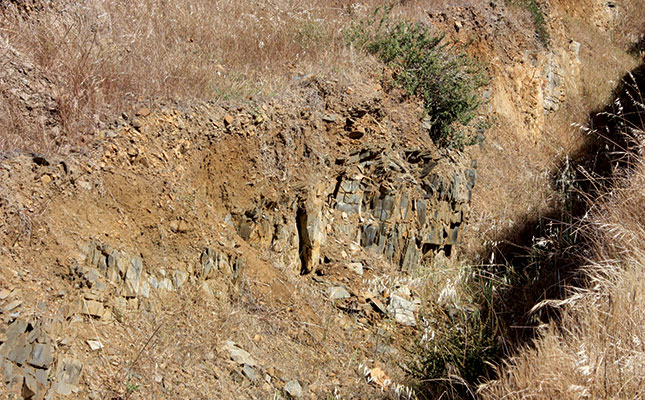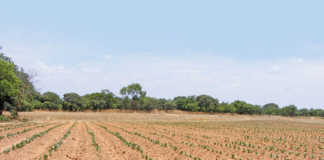
One element that has been almost completely missing from our deafening conversation about who should own South Africa’s land is, ironically, the mention of soil.
This is probably because there is very little political capital to be earned from speaking to voters about dirt.
READ Protect the soil by controlling erosion
Cape Town’s Day Zero and the Vaal River system’s pollution crisis have shown that people can easily be made to care about water, but it is far more difficult to appeal to human emotion on the subject of soil.
Lehman Lindeque, former president of the International Erosion Control Association, Southern Africa, explained it best in an interview I did with him in 2010 when he said:
“People are not as aware of the erosion problem as they are of the water problem, because water affects every person directly, while soil affects most of us indirectly. People use water every day; when it is dry you can see dam levels go down, and water restrictions are imposed, which directly affects our lives. If the water quality deteriorates, you can often see or taste it.
“Soil erosion, on the other hand, is a slow process, and we sometimes get so used to the scars of soil erosion that we do not notice them anymore.
Surface erosion, where a thin layer of topsoil is washed away by rainwater over a large area, is very difficult to see, and happens mostly without being noticed. It is almost like a cancer that slowly eats away at you without you seeing it.”
According to the Global Soil Forum (GSF), based at the Institute for Advanced Sustainability Studies in Germany, conservative estimates indicate that the world is losing 24 billion tons of fertile soil every year.
READ Ploughing: things to know before you plunge
That amounts to just over 3t lost every year for every person on the planet. The issue is particularly acute in Africa, where land degradation affects at least 40% of agricultural land.
Speaking at AgriSA’s recent Land Summit in Bela-Bela, Grain SA’s conservation agriculture facilitator, Hendrik Smith, said the average predicted soil loss rate for South Africa was 12,6t/ha/year, while the average soil loss rate under annual cropland (grain crops) was 13t/ha/year, much higher than the natural soil formation rate of less than 5t/ha/year.
This simply means we are losing much more soil than we are gaining.
If anything, we should be far more concerned about soil than we are about water. Both these resources are finite, but while polluted water systems can be regenerated within years or decades, high-potential soil cannot be restored within a single human generation.










